After two episodes of history and context, Kristin and Jeff tackle the movie that put Rapture Horror on the pop culture map: 1972’s A Thief In The Night. It’s short but packed with B-movie flourishes, Evangelical cultural ephemera, and fundamentalist political paranoia. Produced on a relatively slim $68,000 budget, it exploded in popularity and earned millions — primarily from donations collected when the film was shown in churches.
A Thief in The Night uses the broad strokes of Dispensationalist / Fundamentalist rapture beliefs as a narrative backdrop, but it’s not really about eschatology. (Over the top world-building and zany Antichrist antics come later, in its three less-impressive sequels.) Instead, this film leans into the themes of regret and isolation by following a small handful of characters who repeatedly hear Christians’ warnings about the End Times but respond in very different ways.
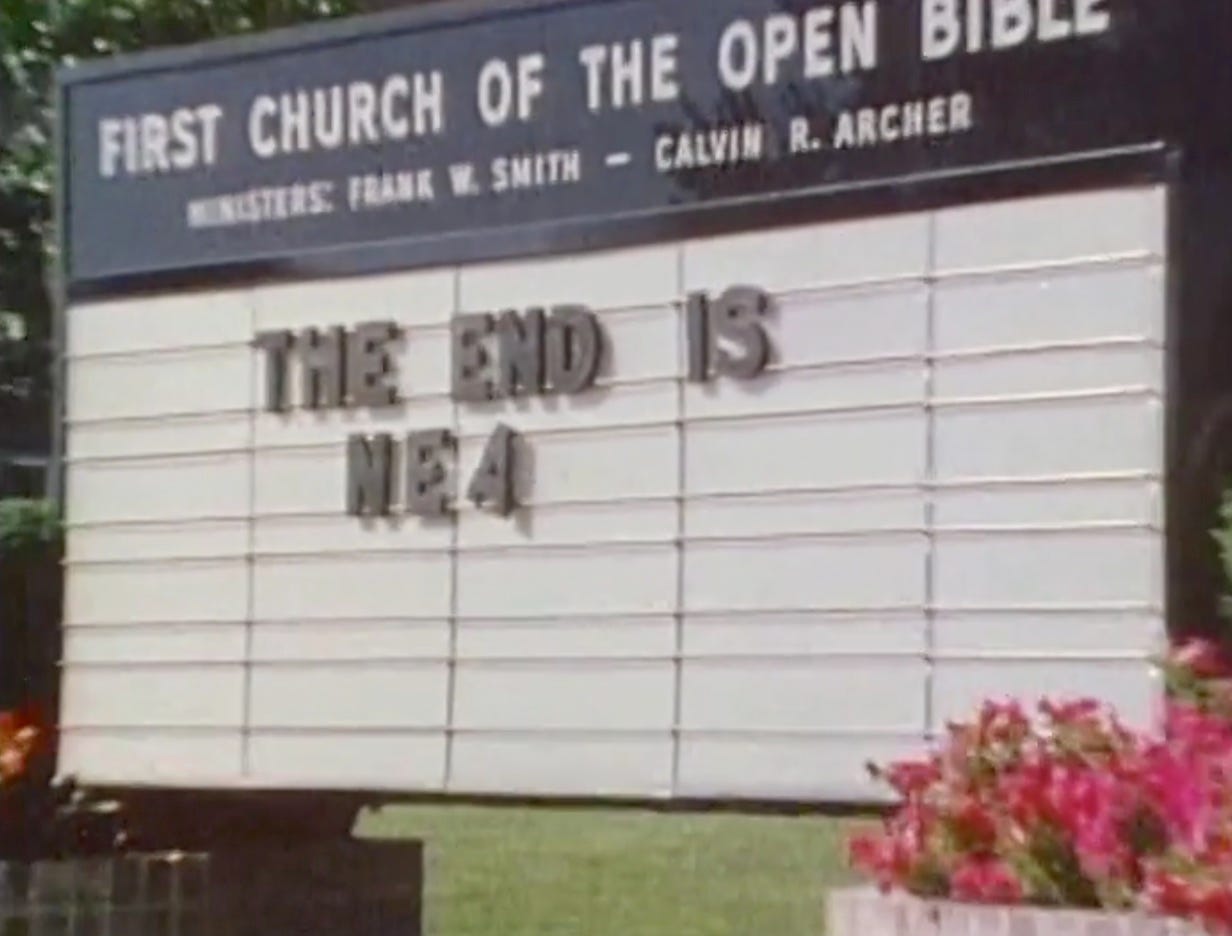
The Good One earnestly converts, the Bad One mocks both the Gospel and the Rapture warnings as pointless, and the Uncertain One — Patty — is the film’s central character. When the Rapture comes, Patty is left alone and terrified in a world that slides quickly into violent totalitarianism. Quickly as in… several days. United Nations World Government Dictators move fast, y’all.
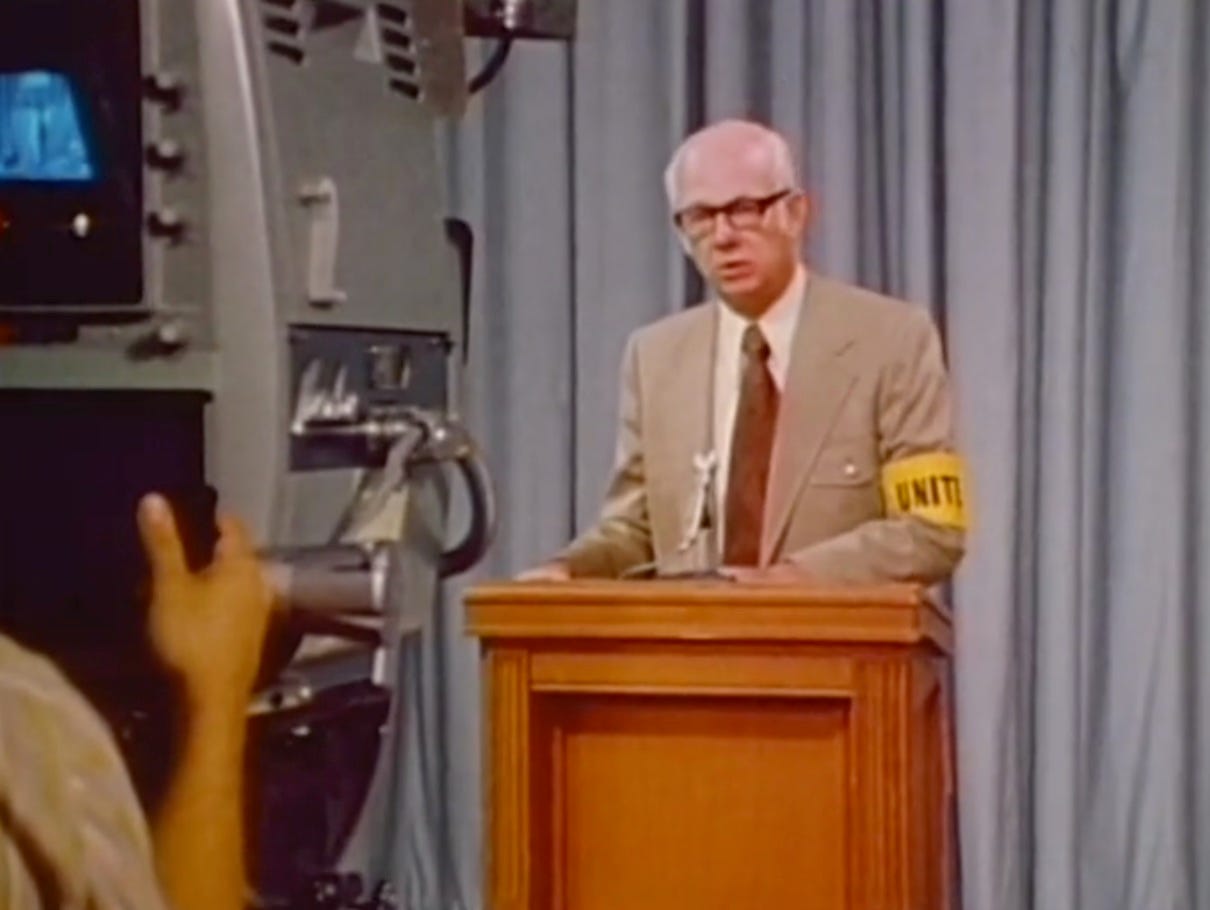
Beyond its role as Fundamentalist cultural ephemera, A Thief In The Night can be understood in two ways. The political events in its fictional world are a window into Evangelical and Fundamentalist anxieties about communism, ecumenicalism, and the erosion of Christianity’s cultural dominance in American life. But structurally, the film’s message is a classic street-preacher question: “If you were hit by a bus, would you go to heaven or hell?” The backdrop of the Rapture — and the often-repeated idea it could happen at any moment — demands an immediate decision. Patty’s response is Fundamentalism’s ultimate cautionary tale: she’s unwilling to commit… so she’s left behind.
Mentioned in this episode
A Thief In The Night, available to stream via IMDB TV and The Internet Archive
“The Strange History of The Blob Movies,” by Ryan Lambie on DenOfGeek, with excerpts from Science Fiction Confidential: Interviews With Monster Stars & Filmmakers
Apocamon: Final Judgement, the Pokemon-themed retelling of John’s Apocalypse






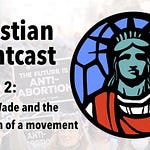

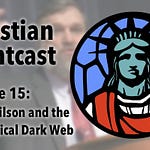

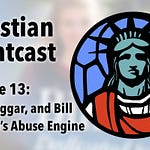
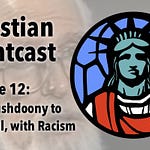
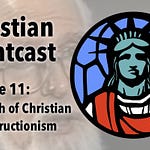

Share this post